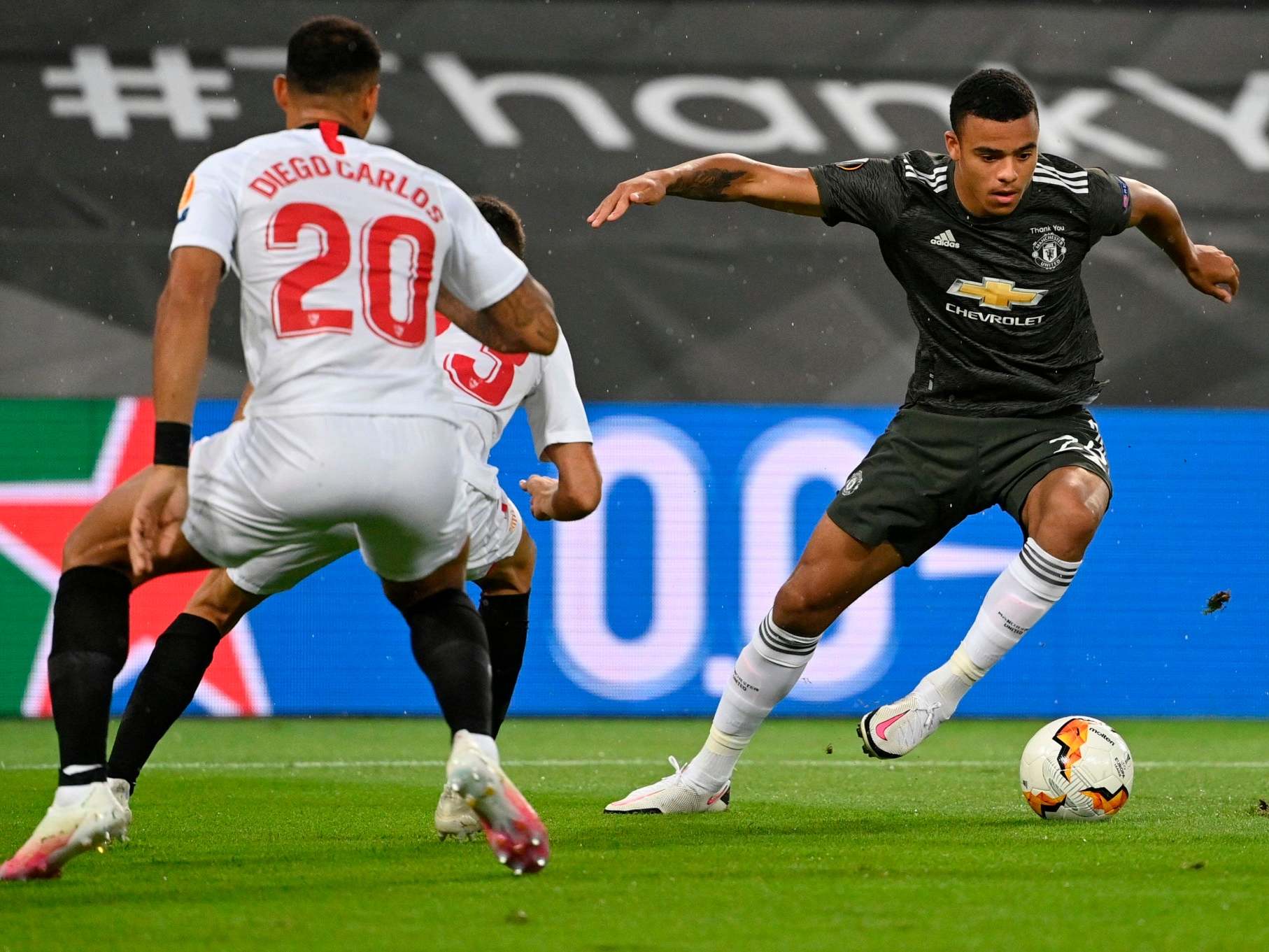Interest in Manchester United never diminishes – that’s why covering the club is so hard yet rewarding
It sometimes feels as if your job is as challenging as that of the managers themselves, writes Mark Critchley. The appetite for stories, analysis, comment and content is intense


The longest season in Manchester United’s history came to an end in Cologne on Sunday night, some 372 days after it began.
There was no league title, no FA Cup – no trophies, full stop. Unlike the previous campaign, there were no managerial changes at Old Trafford and no particularly memorable nights away in Europe either.
These are not the days of Eric Cantona, Roy Keane and pre-knighthood Alex Ferguson, when the modern dynasty of the 1990s and 2000s was at an exciting, nascent stage.
Nor is there the intrigue of an old empire collapsing: the era of David Moyes, Marouane Fellaini and a ban on chips in the training ground’s canteen.
Instead, there is just the slow, steady and – in the grand scheme of things – unspectacular progress of Ole Gunnar Solskjaer’s United, which has proved too big to fail, but not yet good enough to truly succeed.
And yet, interest in what is happening on and off the pitch at Old Trafford never diminishes.
Like English football’s other two most successful clubs Liverpool and Arsenal, United can endure long fallow periods and still demand round-the-clock coverage.
That is why there are many more seasoned journalists on the Manchester football patch who will tell you that it is the hardest in the country to cover.
The appetite for stories, analysis, comment and content is intense. It is as important to know everything about the next big thing out of the academy as the club captain and top scorer. Every transfer window throws up links to literally hundreds of players, all of which need to be checked on the off-chance that one is true.
Throw in Manchester City’s rise to prominence over the last decade and it sometimes feels as if your job is as challenging as that of the managers themselves, with whom you try to establish a friendly and professional relationship while maintaining a critical distance.
But there are other times – like during the breathless, devastating Europa League semi-final defeat to Sevilla on Sunday night – when you remember it is a privilege to witness one of English football’s greatest clubs write its history first-hand.
That has never felt more true than in the current climate, without supporters inside the grounds.
I have friends who are United fans that travel home and away to watch them. Some go to extraordinary lengths and the stories they tell from their adventures across Europe typically outlive any memory of the matches themselves.
When I tweeted from inside the RheinEnergieStadion on Sunday night, a direct message popped up on Twitter from one of them simply reading: “You’re there?”
Yes, we’re there. It has been a surreal experience to report on United since lockdown, knowing that the only people in the stadium are essentially the players, the staff, the officials and you.
It is an extraordinary honour and, even in the club’s more unremarkable years, one that should not be taken for granted.
Yours,
Mark Critchley
Northern football correspondent
Join our commenting forum
Join thought-provoking conversations, follow other Independent readers and see their replies
Comments